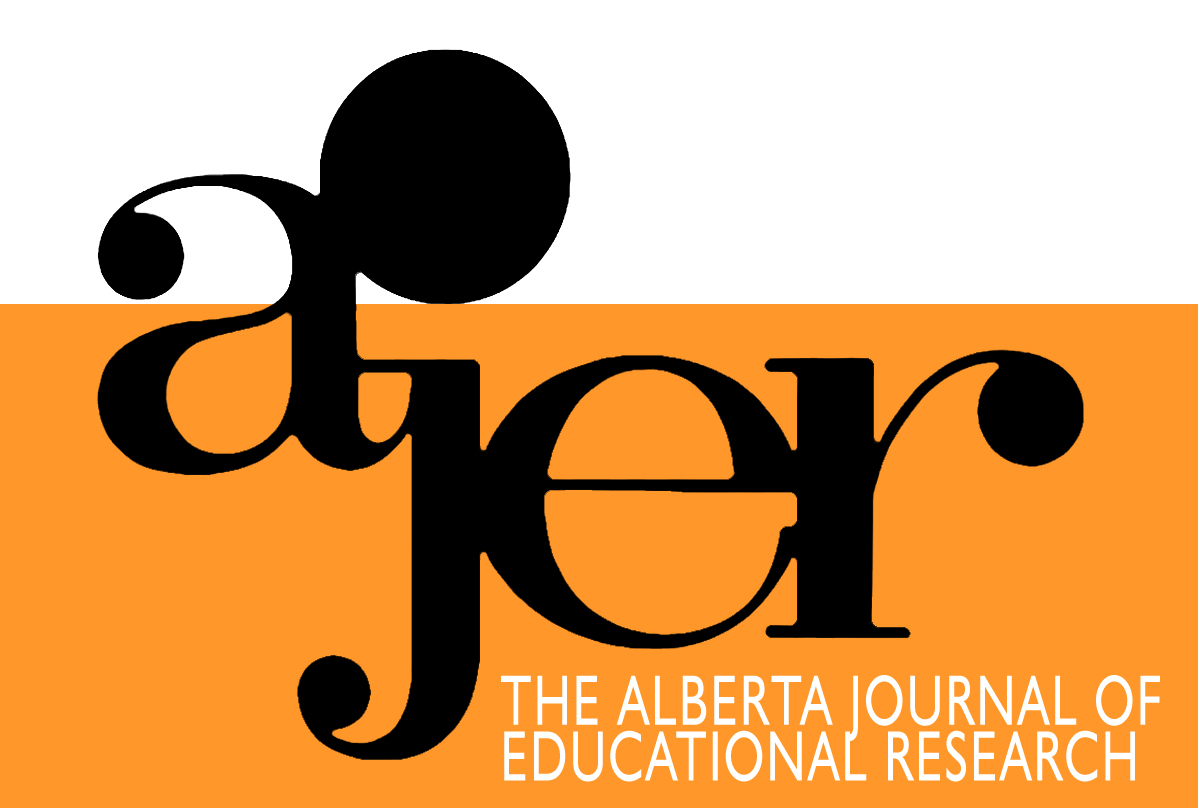The Relationship Between Indirect Aggression and Loneliness for Emerging Adults: What Does Interpersonal Competence Have to Do with Wellbeing?
DOI:
https://doi.org/10.55016/ojs/ajer.v66i1.56664Abstract
The present study investigated the mediating role of interpersonal competence in the relationship between indirect aggression and loneliness for emerging adults. One hundred and sixty-seven Canadian undergraduate students aged 18-25 participated and completed an anonymous, online survey. Structural equation modeling was used to analyze the mediating role of interpersonal competence in the relationship between indirect aggression and loneliness. The findings revealed that interpersonal competence mediated the relationship between indirect aggression for targets and loneliness. These findings have implications for mental health researchers and practitioners and can inform the development of prevention and intervention programs for young adults dealing with indirect aggression.
Keywords: indirect aggression, emerging adults, interpersonal competence, loneliness, psychosocial functioning
La présente étude porte sur le rôle de médiation de la compétence interpersonnelle dans le lien entre l’agression indirecte et le sentiment de solitude chez les adultes émergents. Cent soixante-sept étudiants canadiens de premier cycle et âgés de 18 à 25 ans ont complété un sondage anonyme en ligne. Nous avons eu recours à la modélisation par équation structurelle pour analyser le rôle de médiation de la compétence interpersonnelle dans le lien entre l’agression indirecte et le sentiment de solitude. Les résultats indiquent que la compétence interpersonnelle joue un rôle de médiation dans le lien entre l’agression indirecte et le sentiment de solitude. Ces résultats ont des implications pour les chercheurs et les praticiens en santé mentale et ils peuvent contribuer à l’élaboration de programmes de prévention et d’intervention visant les jeunes adultes aux prises avec l’agression indirecte.
Mots clés : agression indirecte; adultes émergents; compétence interpersonnelle; sentiment de solitude; fonctionnement psychosocial
Downloads
Published
Issue
Section
License
UNIVERSITY OF ALBERTA COPYRIGHT LICENSE AND PUBLICATION AGREEMENT
If accepted, authors will be asked to sign a copyright agreement with the following points:
A. Where there is any inconsistency between this Copyright License and Publication Agreement and any other document or agreement in relation to the same subject matter, the terms of this Agreement shall govern.
B. This document sets out the rights you are granting in relation to publication of your article, book review, or research note entitled (the “Article”) through inclusion in the academic journal titled Alberta Journal of Educational Research (the “Journal”) published through the Faculty of Education, representing the Governors of the University of Alberta (the “Journal Editor”).
C. There will be no payment to you for this publication and grant of rights. In consideration of the agreement to publish the Article in the Journal:
1. You are warranting that:
- the content of the Article is your original work, and its content does not contain any material infringing the copyright of others; or, where the Article is not entirely your original work, you have obtained all necessary permissions in writing to grant the rights you are giving in this agreement;
- the content of the Article does not contain any material that is defamatory of, or violates the privacy rights of, or discloses the confidential information of, any other person;
- the Article has not been published elsewhere in whole or in part, and you will not allow publication of the Article elsewhere without the consent of the Journal Editor;
- the names of all co-authors and contributors to the Article are:
2. You agree to license the copyright in the Article to the Journal Editor, on a worldwide, perpetual, royalty free basis; and to the extent required by the terms of this agreement. You shall retain the right at all times to be acknowledged as the/an author of the Article.
3. You further agree that the Journal Editor has the entitlement to deal with the Article as the Journal Editor sees fit, and including in the following manner;
- The right to print, publish, market, communicate and distribute the Article and the Journal, in this and any subsequent editions, in all media (including electronic media), in all languages, and in all territories, ing the full term of copyright, and including any form of the Article separated from the Journal, such as in a database, abstract, offprint, translation or otherwise, and to authorize third parties to do so;
- The right to register copyright of the Journal;
- The right to edit the Article, to conform to editorial policy as the Journal Editor sees fit.
4. If any co-author or contributor to the Article does not sign this agreement, the Journal Editor reserves the right to refuse to publish the Article.



